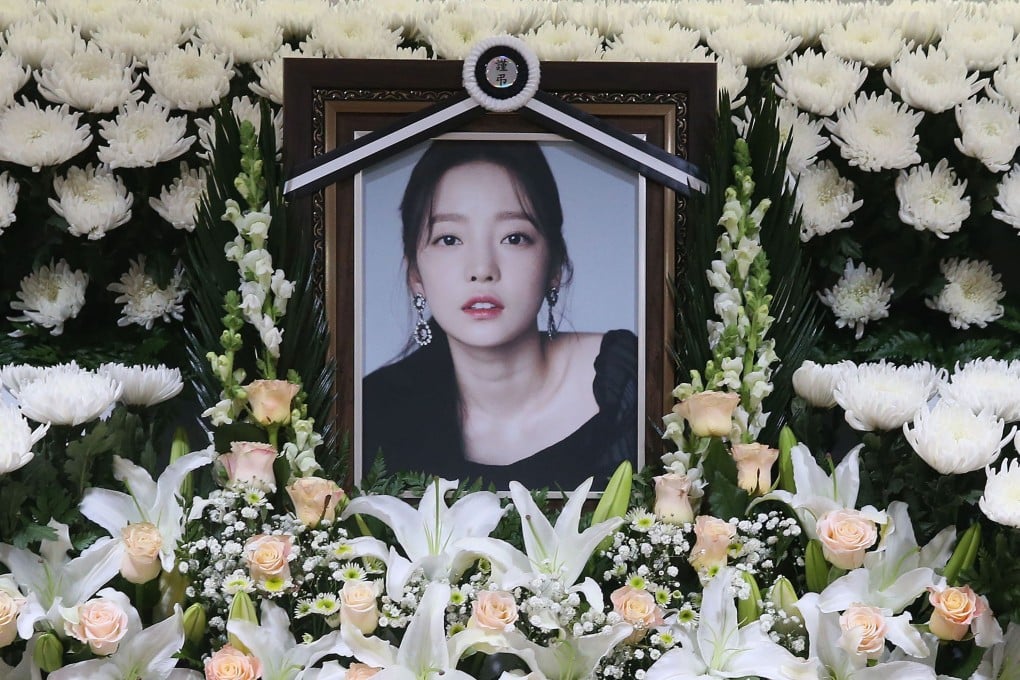K-pop deaths show East Asia must end the stigma, and the solitude, that surrounds mental health
- The deaths of Goo Hara and Sulli reveal signs of a deep mental health crisis in East Asia that isn’t talked about enough. To combat it requires more community outreach and specialised resources for reaching specific groups

“That’s the thing about pain,” goes a popular line in John Green’s The Fault in Our Stars. “It demands to be felt.”
Mental health troubles, such as distress, depression and anxiety, can spread subconsciously through social interactions like a virus. This can be short term. People reflect observations of others’ moods and negative emotional states onto themselves. We see this most clearly in emergencies, when someone’s panic or anxiety triggers a chain reaction in others.
It can also be long term. When receiving and processing others’ negative interpretations of events, individuals can come to adopt them as well. For example, I never thought much about grading a particular assignment for a course I co-taught, until I heard a colleague drone on about how it was a chore.

The following year, when I taught the same course, that thought crept up on me as I began to grade. Without me realising it, a wisp of doubt had flickered into existence – I had retained my colleague’s sentiment and my motivation to grade wavered, even if for a moment and by a little.
